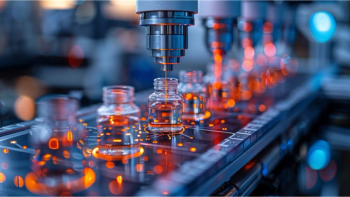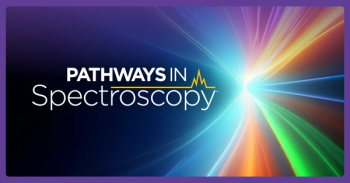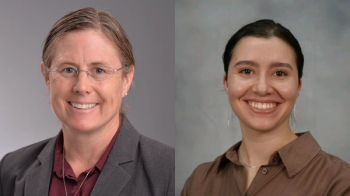
Big development in Agilent acquisition
The acquisition of Varian by Agilent has cleared a key milestone, according to Agilent president and CEO Bill Sullivan. The companies have been granted conditional antitrust clearance from the European Commission for the deal.
The acquisition of Varian by Agilent has cleared a key milestone, according to Agilent president and CEO Bill Sullivan. The companies have been granted conditional antitrust clearance from the European Commission for the deal.
Under the conditions of the decision the companies have committed to sell Varian's laboratory gas chromatography business, triple quadrupole gas chromatography-mass spectrometry business and inductively coupled plasma-mass spectrometry business, as well as Agilent's micro gas chromatography business.
According to a statement this process has been initiated and the companies have started to engage with a number of interested purchasers. The aggregate fiscal 2009 revenues of these four businesses were under $100 million.
“We are pleased to have received conditional clearance from the Commission”, said Bill Sullivan. “We are committed to ensuring that each of these four businesses is successfully divested as a viable, competitive business and that all customers remain fully supported during and beyond the divestiture process.
Clearance by the US Federal Trade Commission (FTC) is still pending, although the companies report that they do not expect the FTC to seek additional remedies beyond those committed to for the European Commission.
More information from the companies is available at
Newsletter
Get essential updates on the latest spectroscopy technologies, regulatory standards, and best practices—subscribe today to Spectroscopy.




